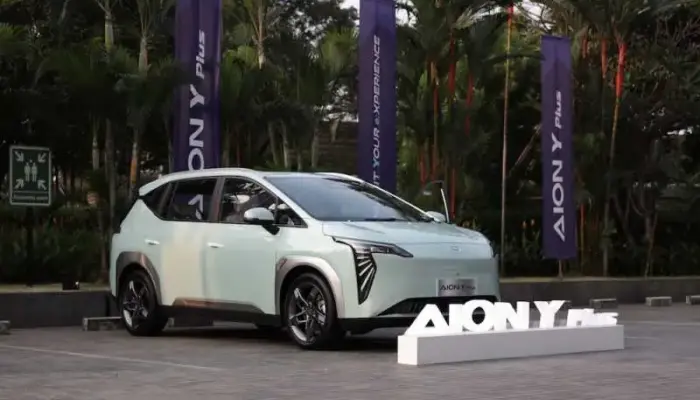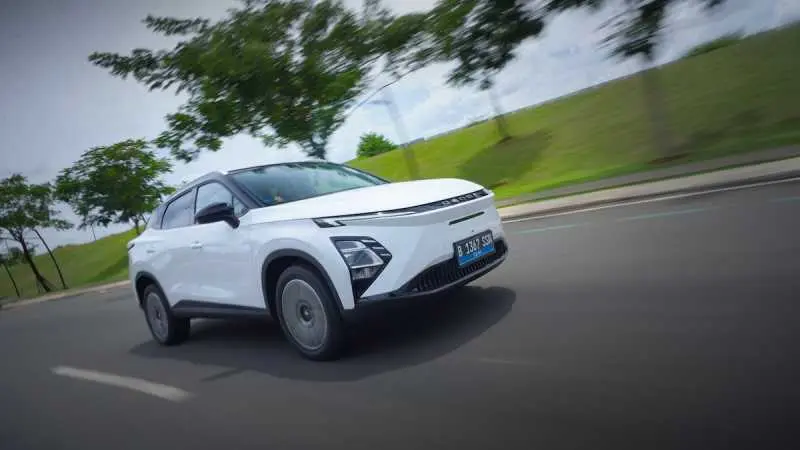Uzone.id – Along with the rapid increase in the use of electric vehicles, vehicle owners are now faced with a choice between insurance for electric vehicles and traditional vehicle insurance. Although it offers different protections, there are still many who ask. So, which insurance is better?”
As an introduction, vehicle insurance is a protection system or guarantee applied to a vehicle’s insurance is protection against losses and damages that may occur to the vehicle, driver, and passengers. The guarantee provided is usually in the form of solutions to risks in various forms, depending on the level of vehicle damage due to accidents, damage, or total losses due to the loss of the unit.
By using vehicle insurance, users or customers will feel safe. Vehicle insurance can provide peace of mind and financial protection in unexpected situations. In other words, insurance can protect lives and assets.

Insurance is essential as a safety net that can protect assets, such as vehicles. With vehicle insurance, users will get protection against various risks, such as:
- Accidental damage: whether it’s a single accident or a collision with another vehicle, the insurance will cover the cost of repairs.
- Damage due to natural disasters: natural disasters such as floods, earthquakes, or other natural disasters that can damage vehicles.
- Theft: In the event of theft, insurance can usually compensate according to the vehicle’s value.
- Sabotage: If the user’s vehicle is also damaged by vandalism or other sabotage, the company will bear the cost of repairs.
- Third-party liability: If the three users cause an accident that harms other people, property, and other people’s assets, insurance will cover the compensation cost.
- Emergency assistance: When a vehicle breaks down on the road, users can contact the insurance emergency assistance service, which is usually available 24 hours a day.
- Replacement vehicle: The user can use the replacement vehicle as long as the user’s vehicle is being repaired in the workshop.
Furthermore, although insurance has the same goal of protecting vehicles from various risks of loss, there are significant differences between electric vehicle insurance and traditional vehicle insurance. Both electric vehicles and fossil fuel vehicles have different insurance needs.
Premium Fees
Electric vehicle insurance tends to be more expensive than that of traditional vehicles. The reason is that electric vehicles are still relatively new, so they have special parts and more complicated equipment compared to fossil-based vehicles.
Battery Coverage
The battery of an electric vehicle is the main pillar in this vehicle. The required costs are more expensive in the event of a battery replacement. But now, some insurance companies for electric vehicles are starting to offer special protection against battery damage or deterioration in performance, which is a key component of the value of electric vehicles.
Repair Costs
Because repairing electric vehicles requires special equipment and expertise, more funds are also needed for vehicle repair costs. So, insurance companies usually consider costs more when determining premiums.
Other Special Coverage
In addition to focusing on vehicle batteries, some insurance companies offer special coverage for unique features in electric vehicles, such as protection for charging equipment, emergency charging facilities, and other powertrain components.
Other factors affect the high cost of vehicle insurance, such as vehicle type, age, driving history and behavior, annual mileage, budget owned, and user credit scores in several states.
In summary, the choice between electric and traditional vehicle insurance largely depends on various factors, including the type of vehicle, budget, and protection needs.
It is recommended that vehicle owners conduct in-depth research beforehand and compare different offers before deciding which insurance they want to use. Remember! Having insurance can be beneficial in protecting and guaranteeing your assets. (Riri)
















